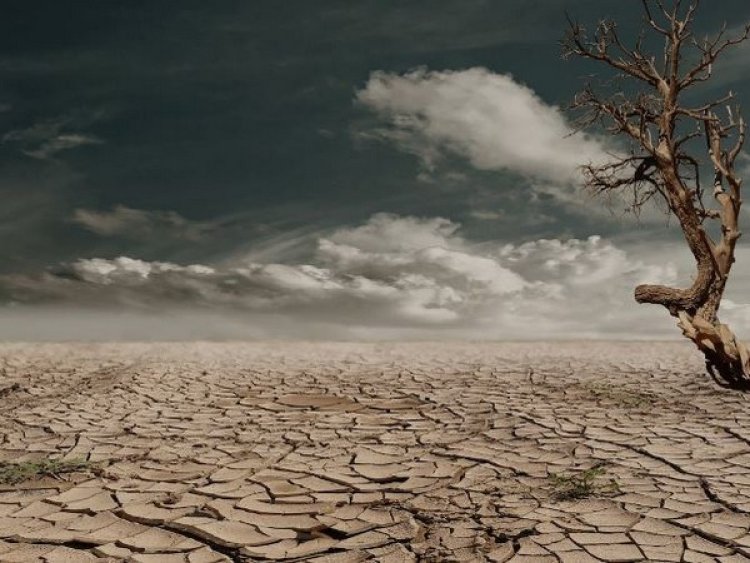Research explores how dryland dynamics change due to climate change

Washington, US: Professor Lixin Wang, a hydrologist at the IUPUI School of Science, has reviewed developments in the study of dryland productivity and looked at the most important open questions on how drylands react to environmental changes.
The findings of the study were published in the Nature Climate Change journal.
Wang studied the productivity of drylands and their significant contribution to the global carbon budget for more than a year, collaborating with a small but diverse group of internationally renowned scientists.
In the review article, Wang deconstructs the complexity of dryland dynamics and offers a thorough analysis of the great dryland debate, including whether drylands are expanding as a result of climate change, what factors primarily influence changes in dryland vegetation and the significance of hydrological processes in controlling dryland ecosystems.
The review article also covers dryland grazing, land use change, and dryland agriculture in relation to present and future climatic conditions.
Wang suggests putting a focus on comprehensive dryland management strategies going forward, taking into account the increased anthropogenic and climate pressures as well as the associated uncertainties in the observation and prediction of dryland productivity.
In addition to Wang, other members of the research team include Dr Wenzhe Jiao, a former PhD student in Dr. Wang's group who is now a postdoctoral researcher at MIT. Jiao was crucial in data collection, synthesis, and virtualization. Other members of the research team include Dr Natasha MacBean at Western University in Canada, Dr Maria Cristina Rulli at Politecnico di Milano in Italy, Stefano Manzoni at Stockholm University in Sweden















































